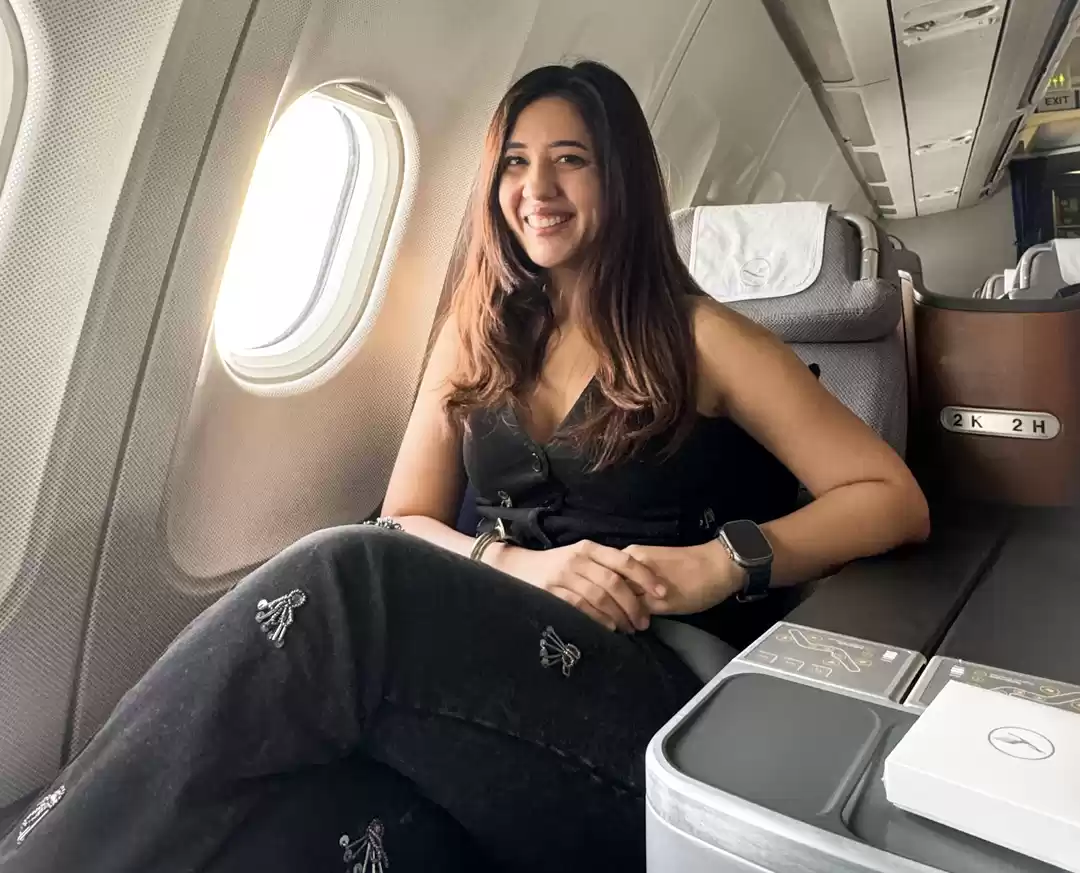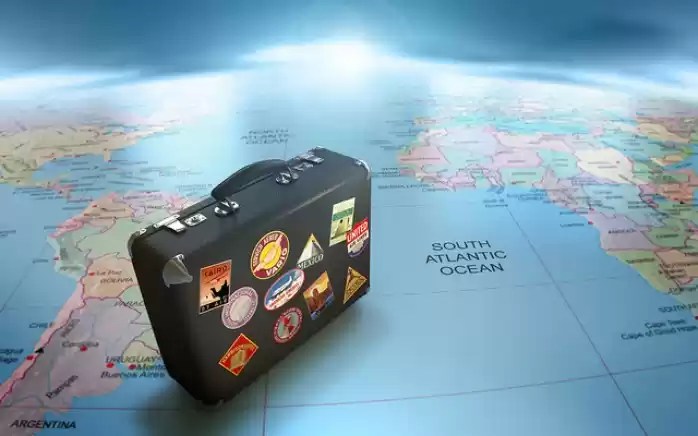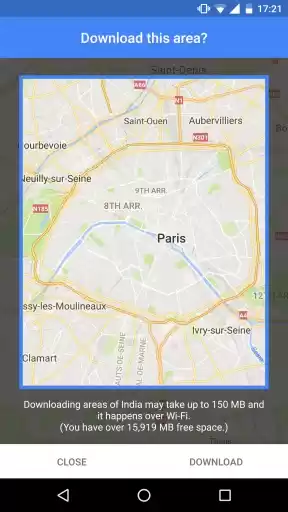If you’re like most people, you probably grew up only speaking one language. It’s also probably safe to say that your native language is probably English… and that’s perfectly fine. Just because you only speak one language, that doesn’t mean that you can’t go out and explore the world around you. Is it easy? Not really. But is it doable? Absolutely!
Now, if you love to travel internationally, just be prepared to experience some language barriers. It will be challenging in certain instances like not knowing how to read or understand a menu when you have deathly food allergies. But that’s why before going out of the country, it’s important for you to learn the different techniques to overcome language barriers of the destinations you’re traveling to. This will definitely help prevent potential awkward moments of breaking language barriers.
Do This Before Traveling Abroad
Learn the Basic Phrases in the Foreign Language
Being that you’re the one traveling to a foreign country, it’s common courtesy for you to try and at least learn some of the basic phrases and greetings in the language of your travel destination. Common phrases and greetings include:
Thank you
I’m sorry
Hello
Yes
No
I don’t understand
This is something you would want to practice on before going on your trip or at least write down the phrases so you will have them handy when you need them. One hack that will help you out during your travels is to carry around your hotel’s business card so that you can show taxi or bus drivers where you need to go.
Let Technology Help You Out
Today we live in a world where technology dominates just about anything you can think of. If there’s a question you don’t know the answer to, the internet will answer it for you. If you need to know where some of the best local restaurants are, the internet will tell you. So when it comes to overcoming language barriers, a simple Google search will help you.
Not only that but there are also translation apps that you can download to help you better understand the language while you’re there. iTranslate and TripLingo are great apps to use to help you overcome language barriers while you are traveling abroad.
Language barriers not only come in face-to-face interactions with people but they also appear on TV and in music. When traveling to a different country, you, of course, want to immerse yourself in the culture there but at the end of the day, when all of your adventures have come to an end, sometimes all you want to do is come back to your hotel room and just watch TV.
Even with watching TV, you’re going to encounter language barriers. You may be able to watch TV and somewhat piece together what you think people are saying but you have no clue. That reason is why lots of travelers bring their entertainment with them by browsing Troypoint.com for streaming options to see what they want to purchase for their trip.
The great thing about Troypoint.com is that their products are small and lightweight to pack so it won’t be a heavy load to tote around. But the most wonderful thing about this is that you’ll be able to watch your favorite shows in your own language so you’ll have a small break away from the language barriers.
Use Your Non-Verbal Cues to Help You Out
Sometimes, when all else fails, you have to communicate like you’re playing a game of charades or act like you’re a mime giving a performance in a park somewhere! It may sound silly but it works! In fact, a psychologist from the University of California discovered that over 50% of people communicated by way of non-verbal cues.
Hand gestures can actually speak volumes compared to words sometimes. For example, if you’re looking for a nail salon but don’t know how to ask where the nearest nail salon is, you can point to your own nails and flash them so they know what you’re talking about.
When traveling internationally and encountering language barriers, it’s a good idea to carry around with you pen and paper to jot down notes of things to remember to help you in case you run into a similar situation. This is helpful to write down certain words how they are spelled and then write them down how they actually sound so you can pronounce them properly.






































